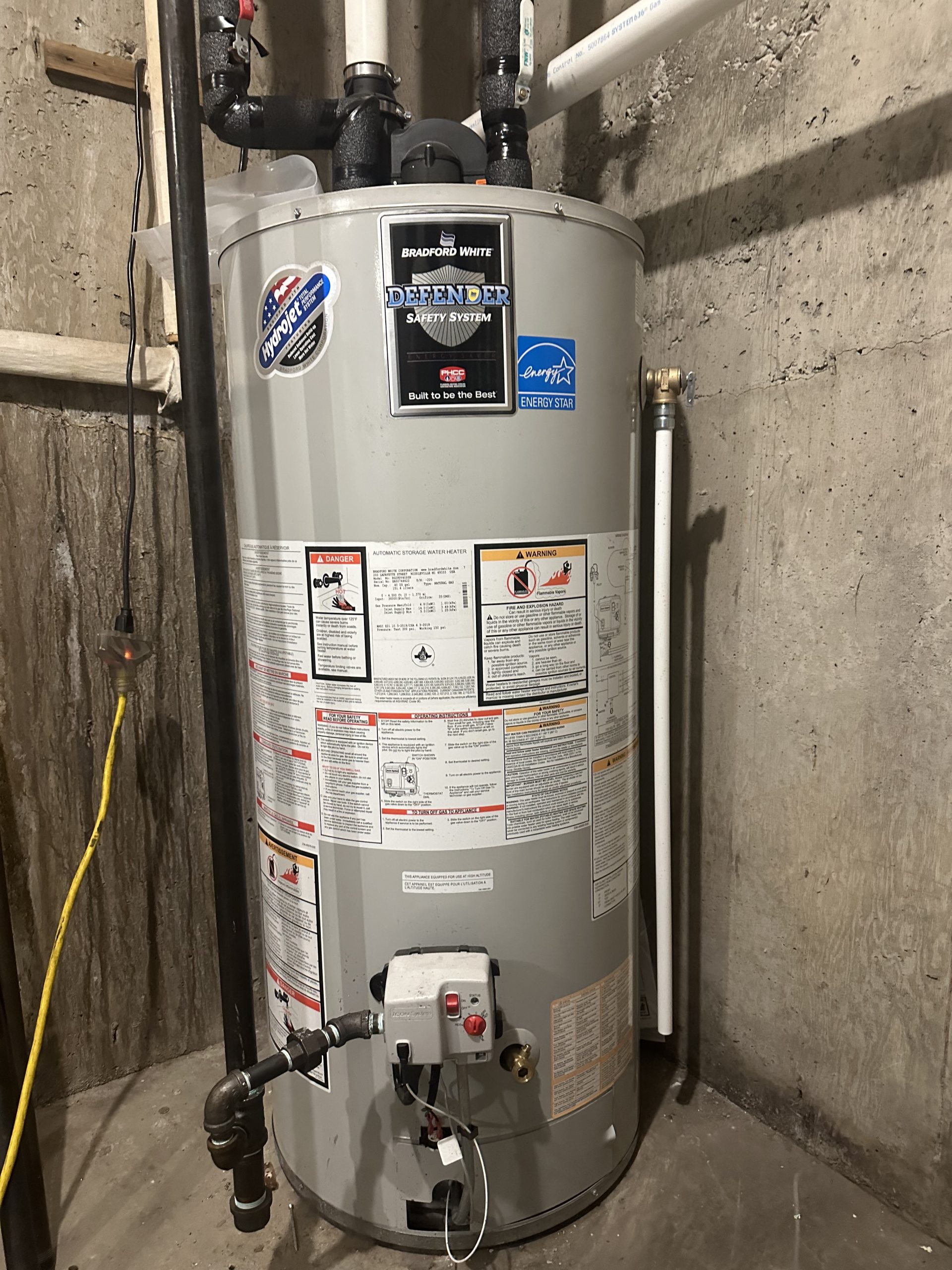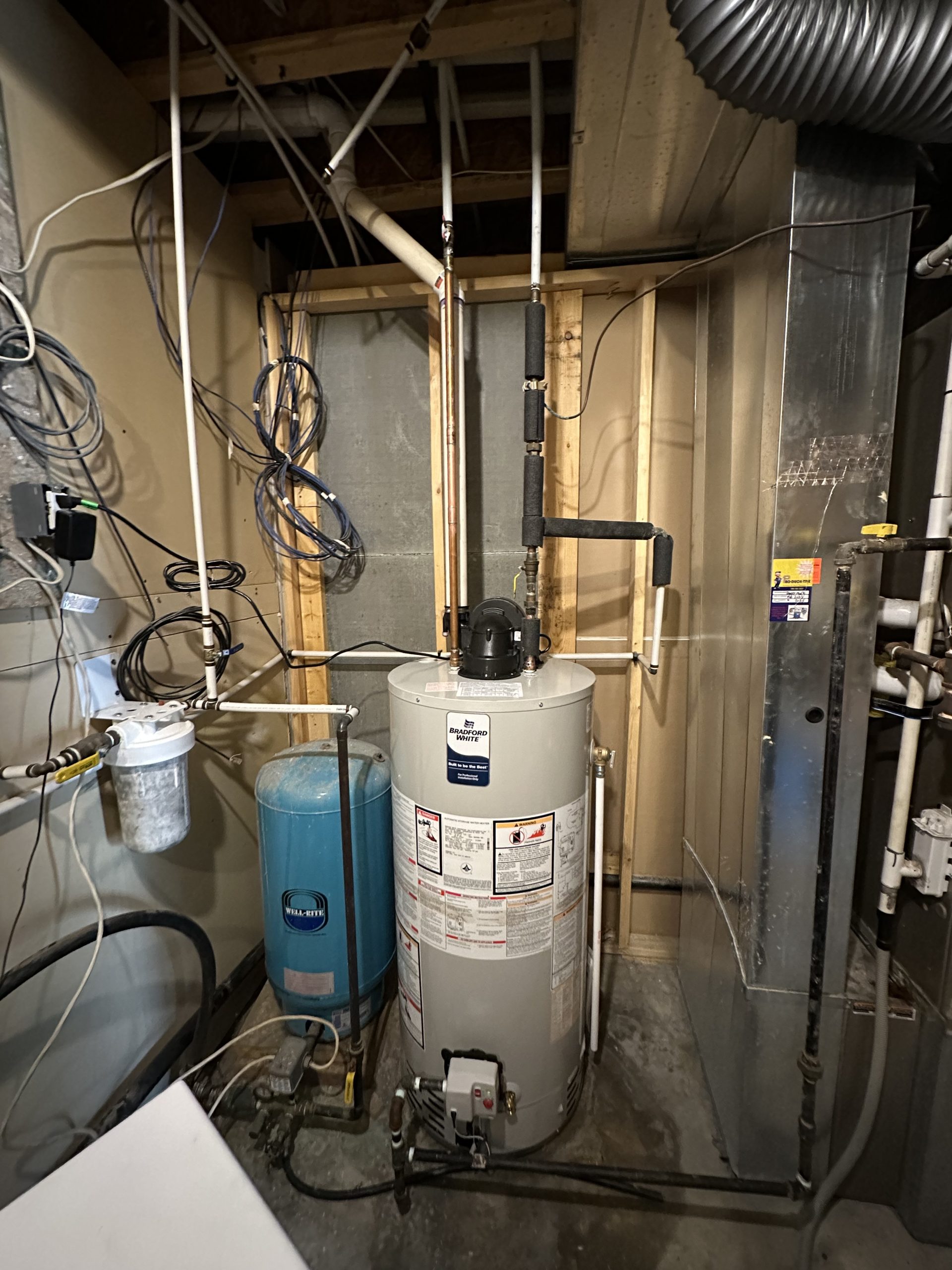Introduction
When it comes to tackling plumbing issues in your home, having the right tools is paramount. Whether you're a seasoned DIY enthusiast or just starting out, understanding what tools you'll need can save you time, money, and a whole lot of frustration. This comprehensive guide will take you through The Best Tools Every DIY Plumber Should Have at Home. From basic hand tools to specialized equipment, we've got you covered with everything you'd need to handle common plumbing problems like leaks, clogs, and installations.
Why Invest in Plumbing Tools?
Investing in plumbing tools not only empowers you to take on minor repairs but also enhances your home maintenance skills. Plus, who wouldn't want to avoid the high costs associated with hiring TMK Plumbing & Heating an emergency plumber for simple tasks? With the right gear at your disposal, you can confidently tackle even the most daunting plumbing challenges.
Basic Hand Tools for Plumbing
1. Adjustable Wrench
An adjustable wrench is essential for any DIY plumber. It allows you to grip and turn nuts and bolts of varying sizes without needing a full set of wrenches.
Why You Need It:
- Versatility for different sizes Ideal for tightening or loosening plumbing fittings
2. Pipe Wrench
For serious plumbing work, a pipe wrench is crucial. Designed specifically for gripping round surfaces, it's perfect for working on pipes.
Use Cases:
- Unscrewing stubborn pipes Adjusting fittings on larger piping systems
3. Screwdrivers
A set of screwdrivers—both flathead and Phillips—is indispensable in any toolbox. You'll find them useful for various tasks beyond just plumbing.
Tips:
- Opt for ergonomic handles. Have multiple sizes available.
Specialized Plumbing Tools
4. Plumber's Snake
A plumber's snake (or drain auger) is a must-have tool when dealing with clogged drains that can't be cleared through traditional methods.
How It Works:

- Insert into the drain Twist and push to break apart clogs
5. Plunger
Every home needs a reliable plunger—it's one of the first lines of defense against toilet or sink clogs.
Types Available:
- Cup plunger (for sinks) Flange plunger (for toilets)
Essential Measuring Tools
6. Tape Measure
A good tape measure is fundamental when planning installations or repairs. Accurate measurements ensure that pipes fit correctly.
Pro Tip: Always double-check your measurements before cutting!
7. Level
Using a level ensures that your fixtures are installed straight and secure—particularly important in bathrooms and kitchens.
Cutting Tools for Plumbing Projects
8. Pipe Cutter
A pipe cutter provides a clean cut on various types of piping—essential when installing new sections or making repairs.
Advantages:
- Clean cuts reduce leaks Various models accommodate different pipe materials
9. Hacksaw
In situations where a pipe cutter won't fit or isn’t suitable, a hacksaw is invaluable for cutting through metal pipes or fixtures.
Sealing and Joining Tools
10. Teflon Tape
Teflon tape is crucial when sealing threaded connections to prevent leaks in your plumbing systems.
Application Tips:
- Wrap it around threads clockwise. Avoid over-wrapping; just one layer should suffice.
11. Pipe Joint Compound
For extra assurance against leaks, use pipe joint compound along with Teflon tape on threaded joints.
Safety Equipment Every DIY Plumber Should Have at Home
12. Safety Goggles
Protecting your eyes during plumbing work should never be overlooked! Safety goggles shield against debris and harmful substances.

13. Gloves
Quality gloves provide protection from sharp edges as well as exposure to harsh chemicals while working on plumbing systems.
Emergency Tools for Unexpected Situations
14. Bucket & Towels
Always keep a bucket handy when working on pipes; it can catch any unexpected water flow during repairs!
Extra Tip: Keep towels nearby for quick clean-up jobs!
Advanced Plumbing Tools Worth Considering
While many homeowners may not need these advanced tools regularly, they can be incredibly helpful during larger projects:
15. Impact Drill/Driver
An impact drill/driver excels at driving screws into tough materials effortlessly—a great addition if you're doing extensive installations or renovations.
FAQs About Plumbing Tools
1. What basic tools do I need as a beginner plumber?
As a beginner plumber, start with an adjustable wrench, pipe wrench, screwdriver set, plunger, and tape measure to cover most basic tasks effectively.
2. How often should I check my plumbing tools?
It's wise to inspect your tools every few months for wear and tear; replace any damaged items immediately to avoid complications during work.
3. Can I use regular household tools instead of specialized ones?
While some household tools may work temporarily, investing in specialized plumbing tools ensures efficiency and safety during repairs or installations.
4. What should I do if my clog won't budge?
If traditional methods like plunging fail, consider using a plumber's snake or calling in professional plumbing services if needed; sometimes clogs require expert assistance!
5. Is it worth investing in high-quality plumbing tools?
Absolutely! High-quality tools last longer and perform better compared to cheaper alternatives—saving you money down the line by avoiding frequent replacements!
Conclusion
Equipping yourself with The Best Tools Every DIY Plumber Should Have at Home can transform how you approach home repair projects while ensuring that you’re prepared for whatever unexpected issues arise in your plumbing systems. Remember that each tool serves its purpose—from fixing minor leaks to tackling more significant renovations—and knowing how and when to use them is key! So gather your toolkit today and empower yourself to become the go-to problem solver in your home!